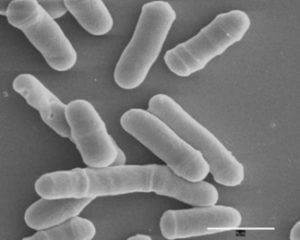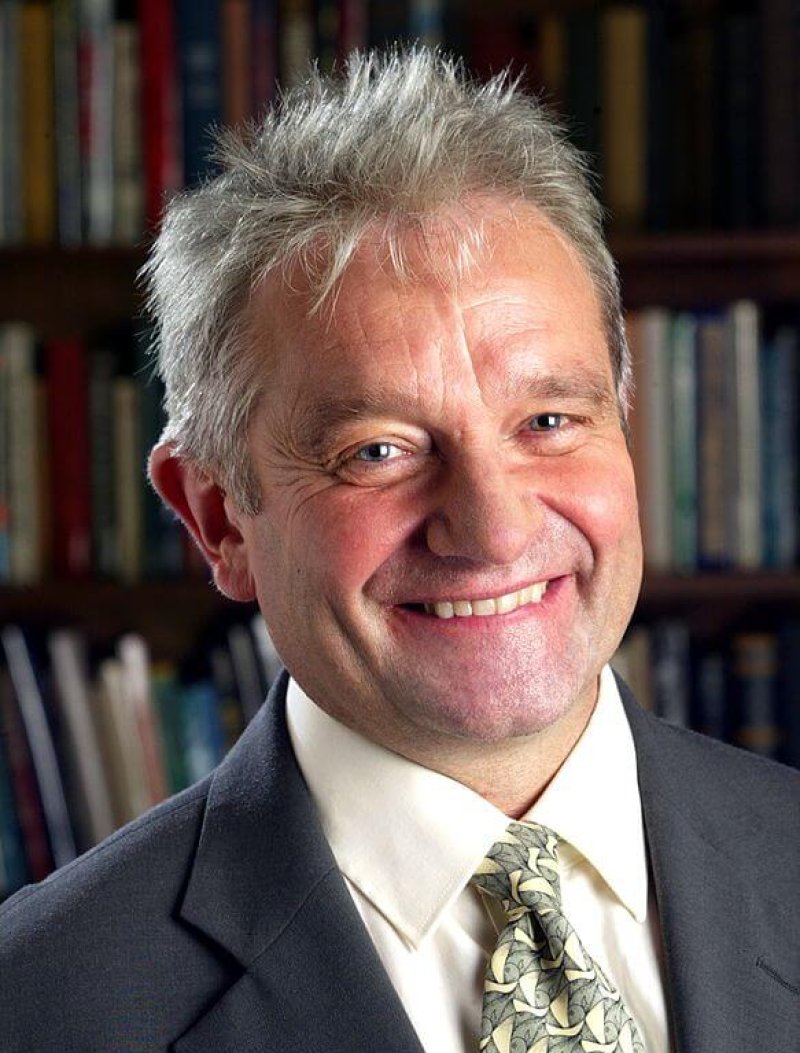In the mid 1970s, Nurse showed that the gene cdc2 was a key regulator of cell-cycle events in yeast, including cell division. With the help of his graduate student Melanie Lee, he later found the homologous human gene Cdk1. The result indicated that the fundamental mechanisms of cell division operate in humans just as they do in far simpler organisms, remaining constant over millions of years of evolution. One of Nurse’s colleagues said the research that led to this latter finding was “barking mad“:
[N]obody thought for even one moment that a complicated process like cell reproduction could be the same in a simple yeast and a human cell. It was thought ludicrous …. I remember [geneticist Peter Goodfellow] thinking that this was completely barking mad and I had to agree with him. It was pretty barking mad, but it actually worked.
Nurse’s work greatly aided cancer researchers seeking to understand how the disease progresses and put the geneticist on track to win a Nobel prize.

Arney offers highlights of Nurse’s lecture celebrating the centenary of the UK Genetics Society, given at the John Innes Centre in Norwich on June 25—the anniversary of the very first meeting of the Society, held at Burlington House in London.
Past president of the Royal Society and the Genetics Society and current director of the Francis Crick Institute in London, Nurse is all too aware of the role that serendipity has played in his science, sharing the story of cycling back to his Edinburgh lab on a bleak November night to recover a crucial experiment from the trash. He also has a stern warning about the dangers of giving newly discovered genes funny names (which may not turn out to be quite so funny 40 years later).
Nurse explains why questioning your assumptions about the “right” answer is so crucial in science—and how buying better lab equipment can make or break your experiments. The geneticist also shares an amusing tale of the time he and legendary maize researcher Barbara McClintock left a boring lecture and went for tea and biscuits.
Full transcript, credits and show notes here.
Genetics Unzipped is presented by award-winning science communicator and biologist Kat Arney and produced by First Create the Media for the UK Genetics Society. Follow Kat on Twitter @Kat_Arney and Genetics Unzipped @geneticsunzip
Listen to Genetics Unzipped on Apple Podcasts (iTunes) Google Play, Stitcher, Blubrry, TuneIn, Spotify, and Spreaker
































